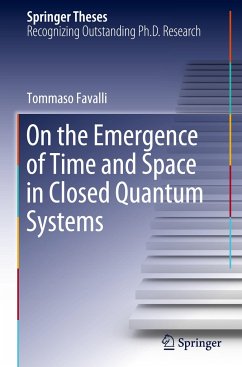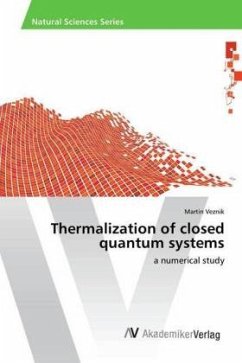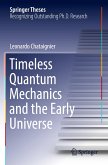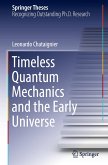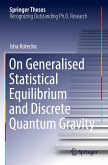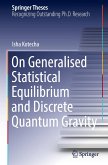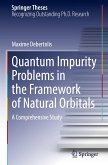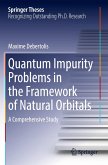Time, space and entanglement are the main characters in this book. Their nature is still a great mystery in physics and we study here the possibility that these three phenomena are closely connected, showing how entanglement can be at the basis of the emergence of time and space within closed quantum systems. We revisit and extend the Page and Wootters theory that was originally introduced in order to describe the emergence of time through entanglement between subsystems in a globally static, quantum Universe. In the book, after providing a complete review of the salient aspects of the theory, we establish a connection with recent research on the foundations of statistical mechanics and we provide a new understanding of the thermalization process. Furthermore, we generalize the framework in order describe the spatial degree of freedom and we provide a model of 3+1 dimensional, quantum spacetime emerging from entanglement among different subsystems in a globally "timeless" and"positionless" Universe. Finally, via the Page and Wootters theory, the evolution of quantum clocks within a gravitational field is treated and a time dilation effect is obtained in agreement with the Schwarzschild solution.
Bitte wählen Sie Ihr Anliegen aus.
Rechnungen
Retourenschein anfordern
Bestellstatus
Storno

